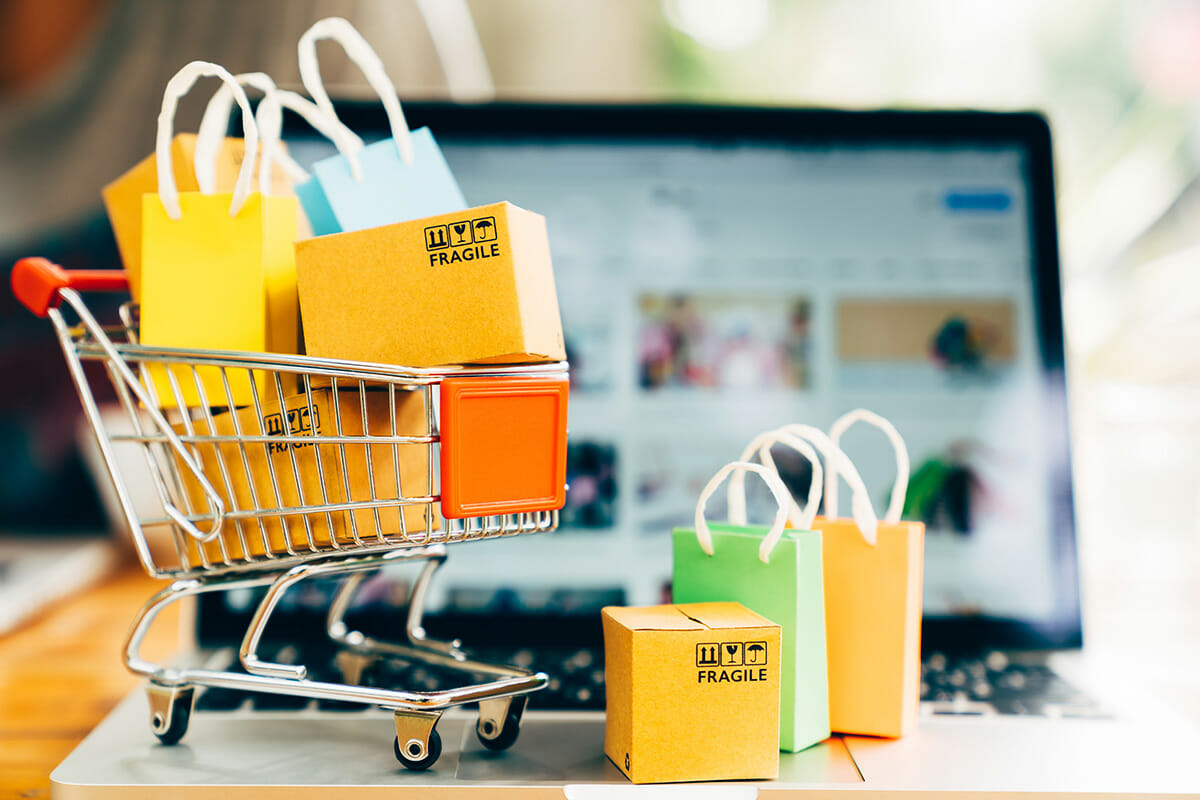Blog
The Benefits of Online Brand Protection for Licensors
- Brand Protection

Counterfeiters produce fake versions of licensed goods knowing that they can infringe with impunity. But through collaboration and use of Online Brand Protection technology, licensors and licensees can protect their investments.
Licensing is a hugely lucrative market for the world’s most prestigious brands, with global sales of licensed products and services now reaching over US$280 billion[1]. Licensed products such as toys, clothing, foods, digital goods, and even crockery all provide consumers more ways to interact and connect with brands.
Licensors and licensees both benefit immensely from their relationships, but the status quo is changing. Licensees are demanding more support from licensors in the face of increasing online counterfeiting.
Licensees demand more support
TV, film and comic book characters are highly sought after in miniature form. See Funko’s hugely successful catalogue of stylized pop-culture characters or LEGO’s countless licensed sets and minifigures whose popularity brought the company back from the brink. Merchandise for sports teams, global music groups and TV series is also incredibly popular; it’s rare not to bump into someone wearing a Game of Thrones or Breaking Bad t-shirt when on holiday.
Licensed goods are a key target for counterfeiting operations due to the high level of demand from the mass market and their appeal that transcends borders and cultures. Counterfeiters produce fake versions of licensed goods in large volumes, knowing that they can often infringe with impunity; licensors often do not enforce their rights on licensed goods and will not allow the licensee to enforce on their IP.
Licensees are demanding more support as their own brands and IP associated with their licensed goods are becoming tarnished by online infringement, with some choosing not to partner with licensors that aren’t actively engaged in a brand protection strategy.
Taking down fake licensed goods will strengthen your brand
Infringement is rife for sports goods with the winners of this year’s NBA finals, the Toronto Raptors, engaging in a game of cat-and-mouse with counterfeiters as the team progressed throughout the tournament[2]. Bad actors looked to exploit the increased popularity of the team and demand for jerseys.
Regardless of whether your trademarks or brand name are visible on a listing for a fake licensed good, a consumer will draw an association to the original product. This negatively impacts brand reputation and will dissuade them from purchasing products offered by either the licensor or licensee.
It is in the interest of licensors to facilitate the enforcement on their licensed goods. Through comprehensive brand protection large-scale counterfeiters will be taken down, leading to increased online sales and the protection of both licensee partner’s and own brand equity.
Make your license more attractive to licensees
Licensees will pay less for a license if no brand protection tools or strategies are in place and may decide against producing goods for a brand at all. Why should they invest if their products and own IP are going to be ripped off from the get-go by counterfeiters who haven’t paid a licensor to use the rights?
It is therefore important that brand protection is seen as a serious area of investment. Currently, the few licensors that do have a solution in place rely on a single legal counsel or a small legal function to monitor and enforce on online enforcement (often through legal methods), rather than a dedicated brand protection team. To ensure that enforcement is proactive instead of reactive, an in-house brand protection function or dedicated external vendor is required, and this should be supported by technology that is able to give a holistic outlook and anticipate problem areas before they arise.
Licensors that take this approach and actively protect their licensee’s investment (no matter the size) will be able to increase the price of their license and attract the top industry players.
Collaboration between licensors and licensees is essential
Ultimately, collaboration is needed between licensors and licensees if the threat of online counterfeiting is to be meaningfully reduced. If data sets can be shared between the two parties and licensees are granted the ability to enforce on certain rights owned by a licensor, online enforcement will be far more effective.
Proactive enforcement, enabled by this data sharing, will allow the brand to stop counterfeiting operations in their tracks before they can increase in scale and switch between platforms.
Protect your licensed rights with Online Brand Protection
At Corsearch, we work with our clients to create effective Online Brand Protection strategies, leveraging our expertise in intellectual property and advanced technology. If you believe the IP on your licensed goods is being infringed and are interested to see the scale of the online threats facing you and your licensees, talk to one of our experts today.
Our experts will discuss how you can eliminate these threats and capture the value you are missing.
References
[1]Global Sales of Licensed Products and Services Reach US $280.3 Billion, Fifth Straight Year of Growth for the Licensing Industry (Licensing International, 2019): https://licensinginternational.org/news/global-sales-of-licensed-products-and-services-reach-us-280-3-billion-fifth-straight-year-of-growth-for-the-licensing-industry/
[2] Fake Toronto Raptors merchandise focus of cat-and-mouse game during NBA Finals (Global News, 2019): https://globalnews.ca/news/5352250/fake-raptors-merch-nba/



